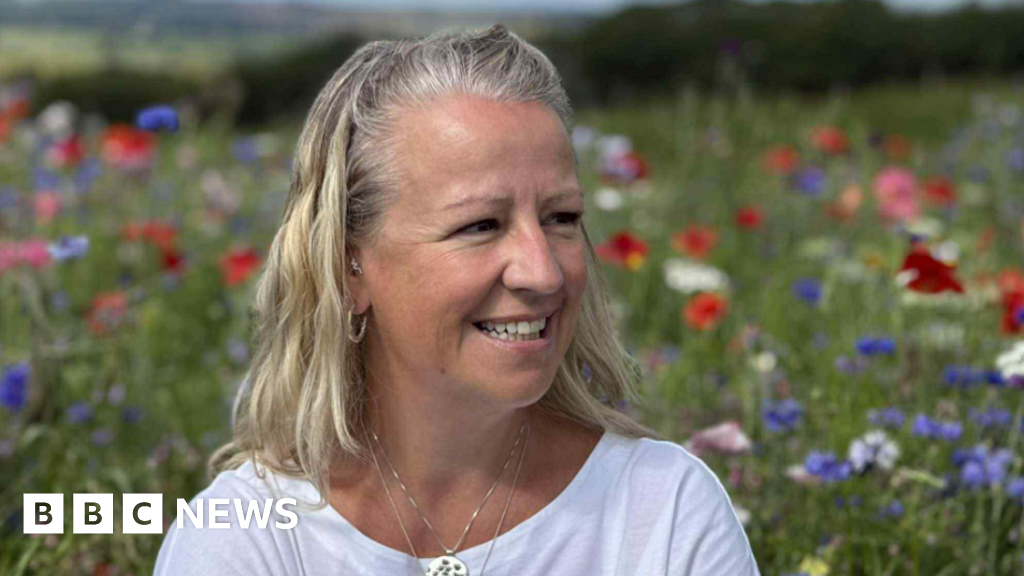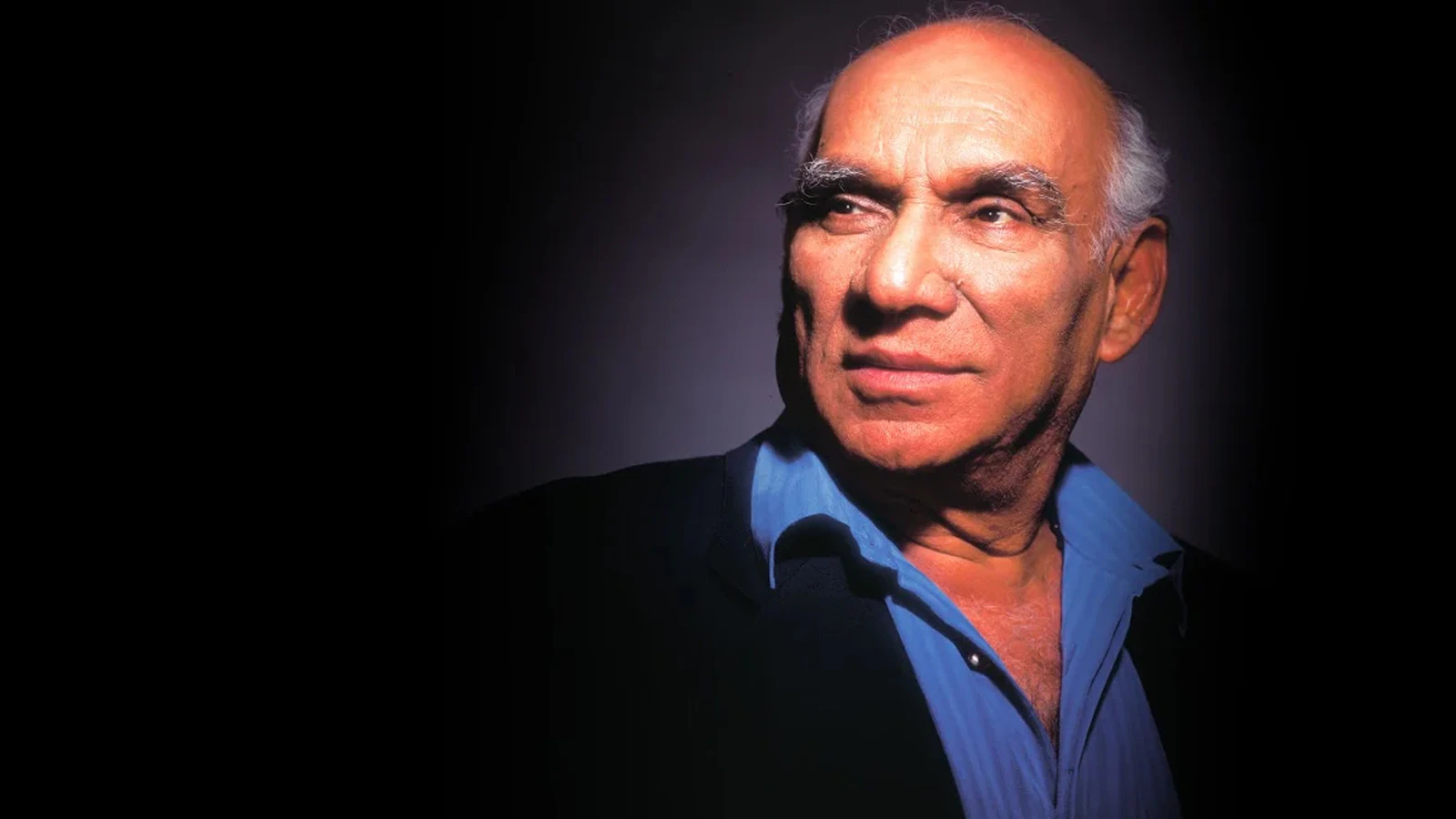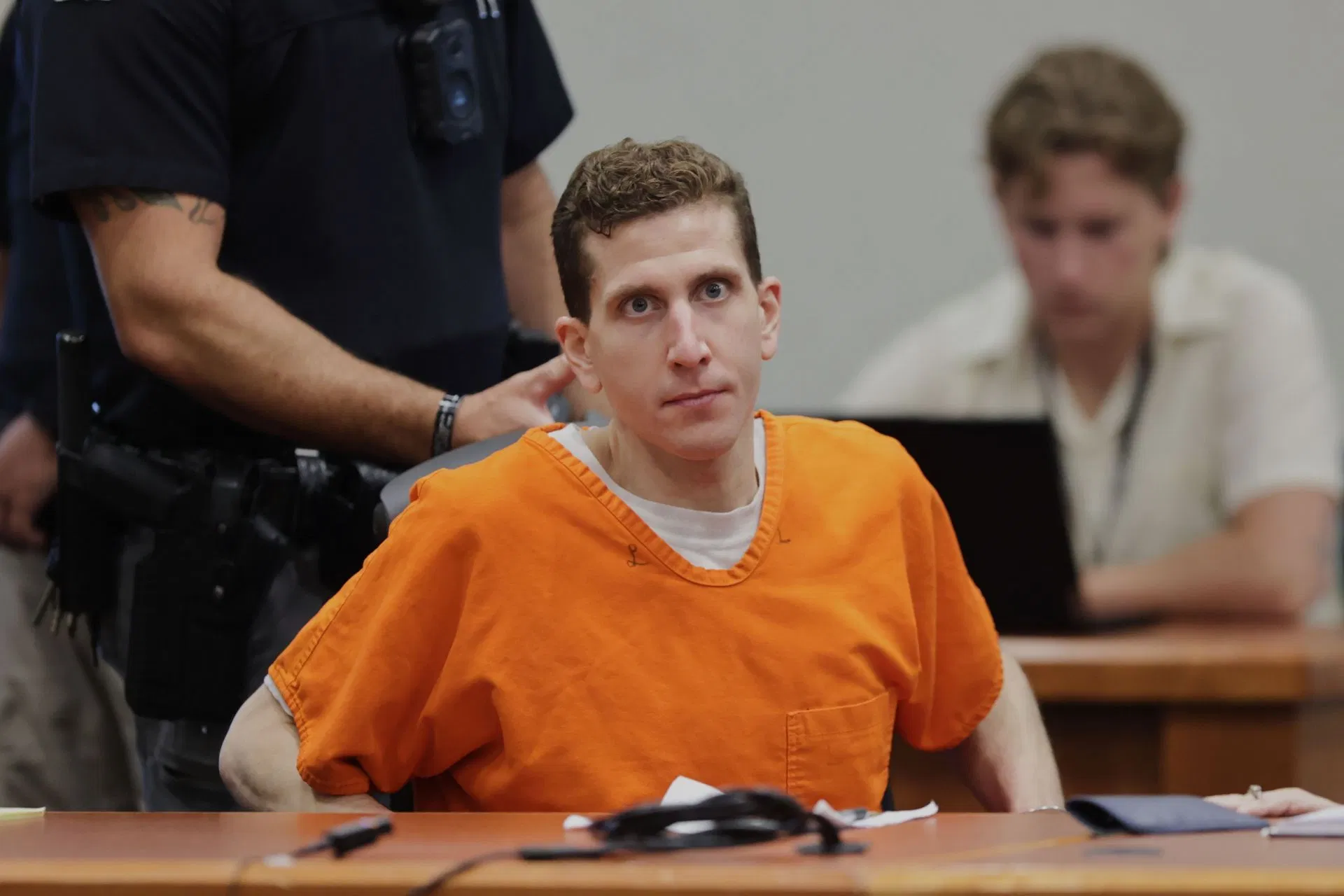Copyright bbc

Finally having a diagnosis had a "double-edged sword effect," Ms Smith-Barratt explained. "Although it felt incredibly empowering, and incredibly enabling because it felt that there was a massive part of my identity there that had been missing from my understanding of myself, it also meant that the coping mechanisms that I'd built up around myself in order to deal with a society that isn't built for people with neurodivergent conditions started to tumble down," she said. "So that complete lack of understanding meant that I was profoundly impacted by that new knowledge of myself and I felt like I had to start again with some of those things." After coming to terms with her diagnosis, Ms Smith-Barratt decided to become an ambassador for ADHD UK in order to help people who struggled like herself. "I felt very isolated," she said. "I found it to be very difficult to talk to people about it and I actually found going through the process quite traumatic. "That was why I decided to become an ambassador and in doing that I wanted to help and support other people and advocate for other people because I felt like I had it within me."



